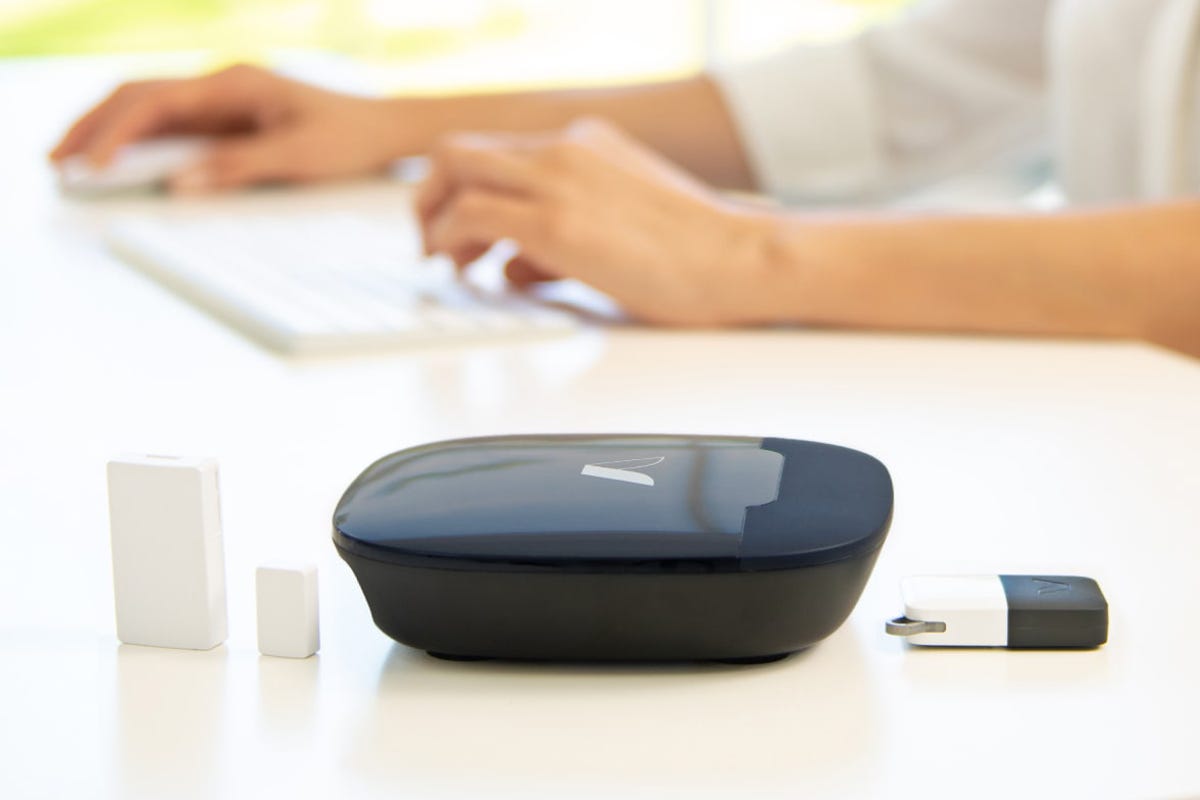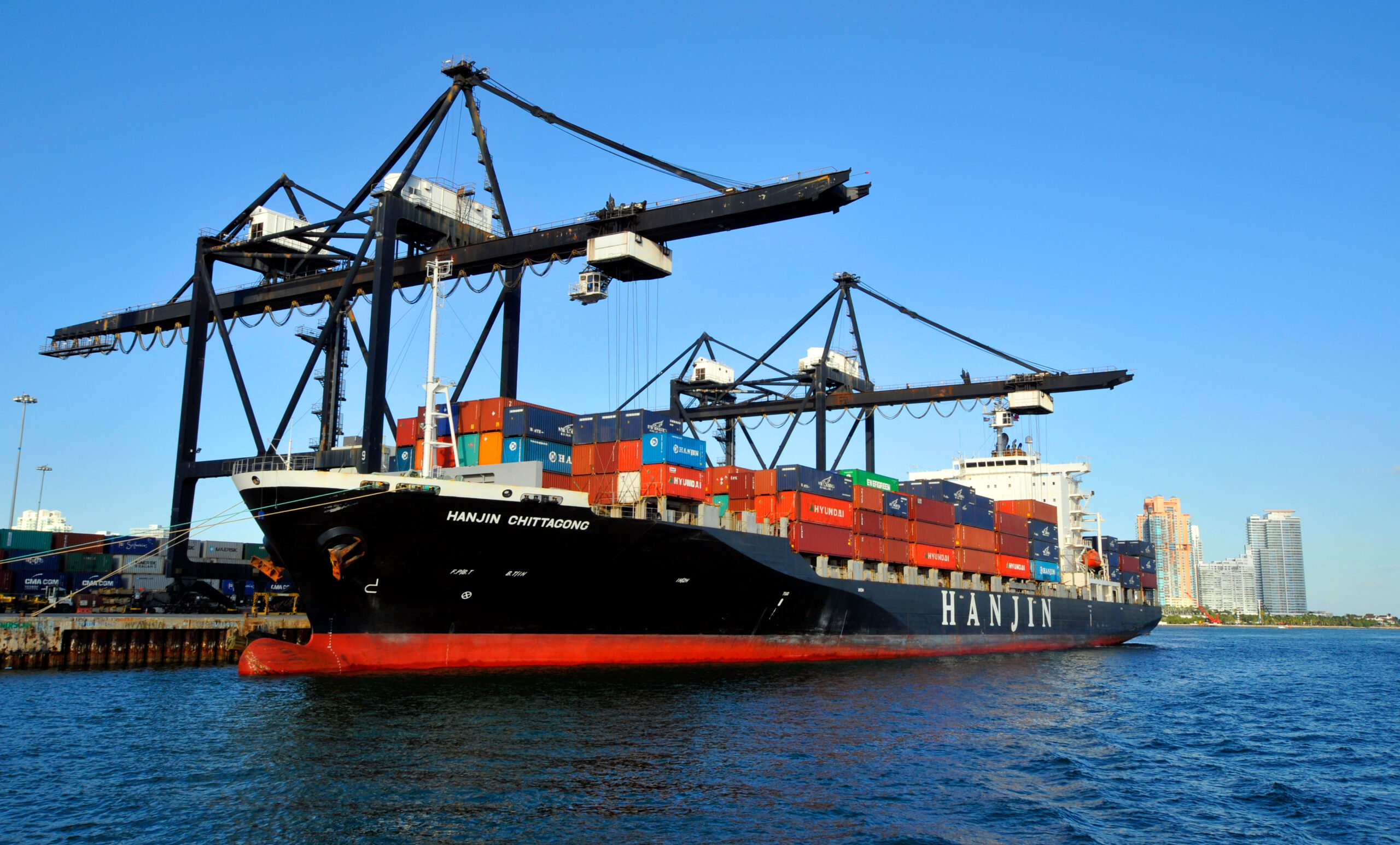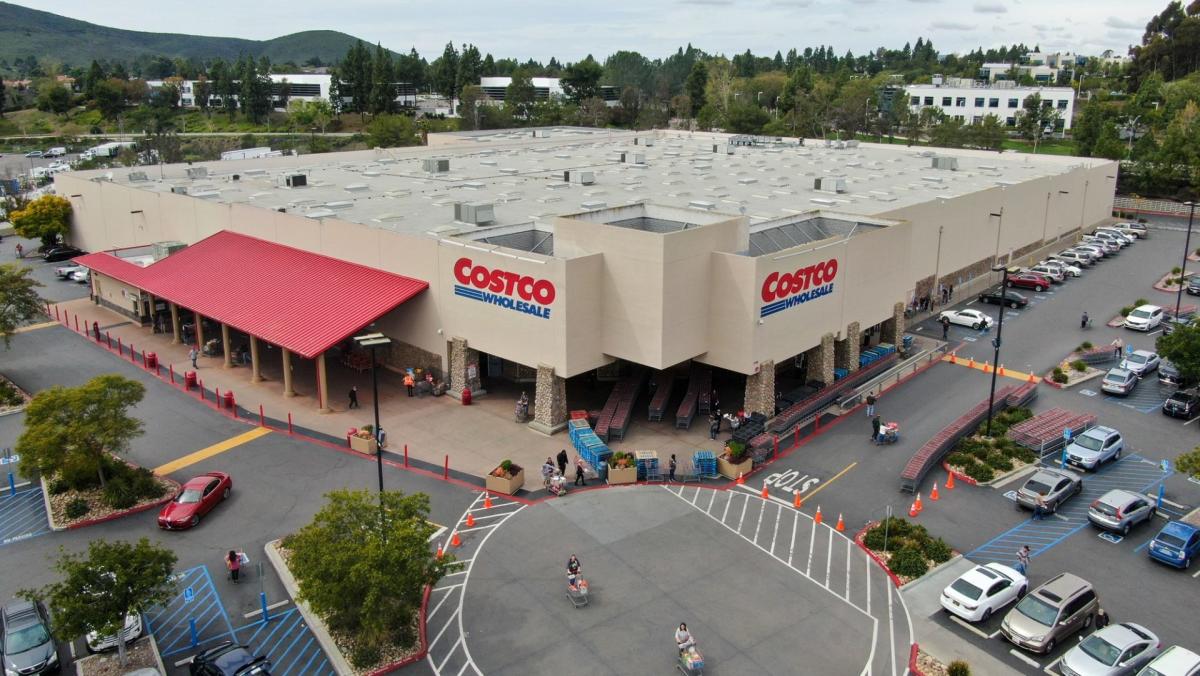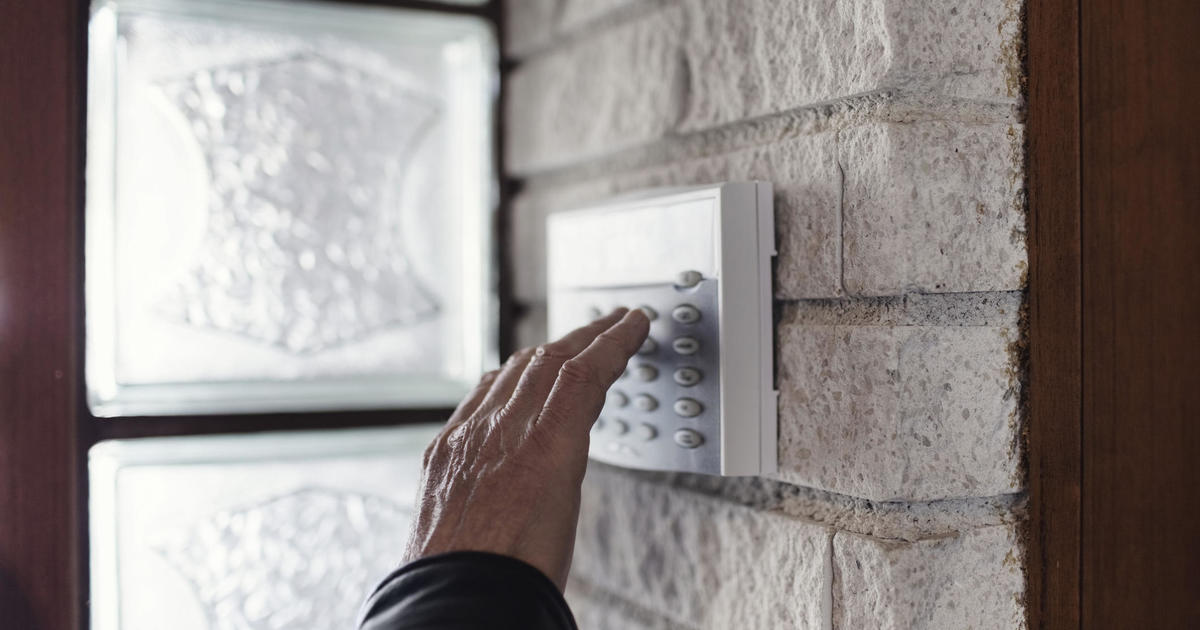Home security devices help protect your home against many different problems, but what happens when something huge like a hurricane hits? Your home security system may be durable, but even it may need some special care along with the rest of your home to withstand high winds, fierce rain and possibly flooding.
At CNET, we’ve consulted experts and tested home security tech in all kinds of weather, so we’re well-prepared to make a few key recommendations for your hurricane security. Here’s what you should plan for.
Read more: Will Your Home Be Safe in a Hurricane? Here’s How to Protect It
Arlo’s compact cam can be quickly removed for charging or protection.
Take in your home security cameras if they’re exposed
Even the highest-quality security cameras aren’t much good in hurricanes, where the wind and rain typically prevent useful live views and keep motion sensors from working properly. Also, massive hurricane winds can rip even screw-mounted security cameras away or damage them with flying debris if they’re exposed.
If possible, remove your outdoor security cameras and bring them inside while the winds rage. Video doorbells, however, are safer with their low profiles and sheltered areas. If your security camera is well-protected, you can keep it up, especially if you have to evacuate and still want to keep an eye on your home.
Keep those leak detectors active
I’m a big fan of adding a leak detector or two to your home security system so they can watch out for burst pipes, water heater problems and sump pump woes. But in a hurricane they can pull double duty by keeping you aware of any unexpected rain-related leaks or the start of flooding.
You can put these leak detectors in rooms that could be vulnerable to rain if shutters are blow off, or places you aren’t currently monitoring like basements and attics. They can also warn you if your Floodgate is starting to fail. You don’t even have to be home to get alerts when things are getting wet.

Leak detectors, especially battery models, can go nearly anywhere.
Test your smoke and carbon monoxide detectors
Fire alarms may be the last thing on your mind when a hurricane is headed your way, but you may be surprised how important your smoke and CO detectors are in this situation. Fire risks can increase when people start using space heaters or begin lighting candles during blackouts. Also, carbon monoxide poisoning cases rise as people turn on generators improperly or try to use fuel-based heaters inside where they don’t belong.
Make sure your fire alarm system is keeping watch for these dangers. I have a quick guide on how to test your smoke alarm during times like these — it only takes a few minutes and then you can move on.
Move your most expensive devices to high places
If your area has a high flood risk during hurricane season or you live near a body of water, you may want to take extra precautions to protect your security system. Ground-level sensors, indoor cams and other devices could easily get ruined when flooding occurs, and those devices can be expensive to replace.
When flooding is likely, move these pricey home security devices upstairs along with any other expensive tech you want to keep protected and functioning. If you live in a single-story home, consider moving them to an interior room where water damage is less likely.

Removing the Nest Cam from its mount.
Disarm your security system (for now)
There are two schools of thought about handling active security systems during a hurricane — leave it armed and waiting for intruders, or disarm it to save power and avoid false alarms. I favor the second option.
Burglars and intruders are unlikely to break into residential buildings, especially at the height of a storm. But the vibrations and wind from a hurricane can accidentally set off home security systems, which is an annoyance best avoided. It’s best to shut down home security systems until the worst of the storm is over, and re-arming them afterward as needed.

Abode’s starter kit on a home desk.
Upgrade to cellular service with battery backups
If hurricanes hit your area fairly often, think about upgrading your home security to services that can handle blackouts. That means adding two capabilities: Cellular service that doesn’t depend on Wi-Fi, and battery backups that offer 12 to 24 hours of reserve power in case electricity goes out.
You can find these services in many home security packages, but they often require a specific subscription tier or monitoring plan, so check the details to see how much an upgrade would cost. If you have seasonal blackout problems, spending a little extra money could be well worth it.
Wrap up your security prep with our guides on how to handle blackouts, general home protection during hurricanes, how you can make your own bugout bag fast and mistakes to avoid if your home is threatened by a fire.











